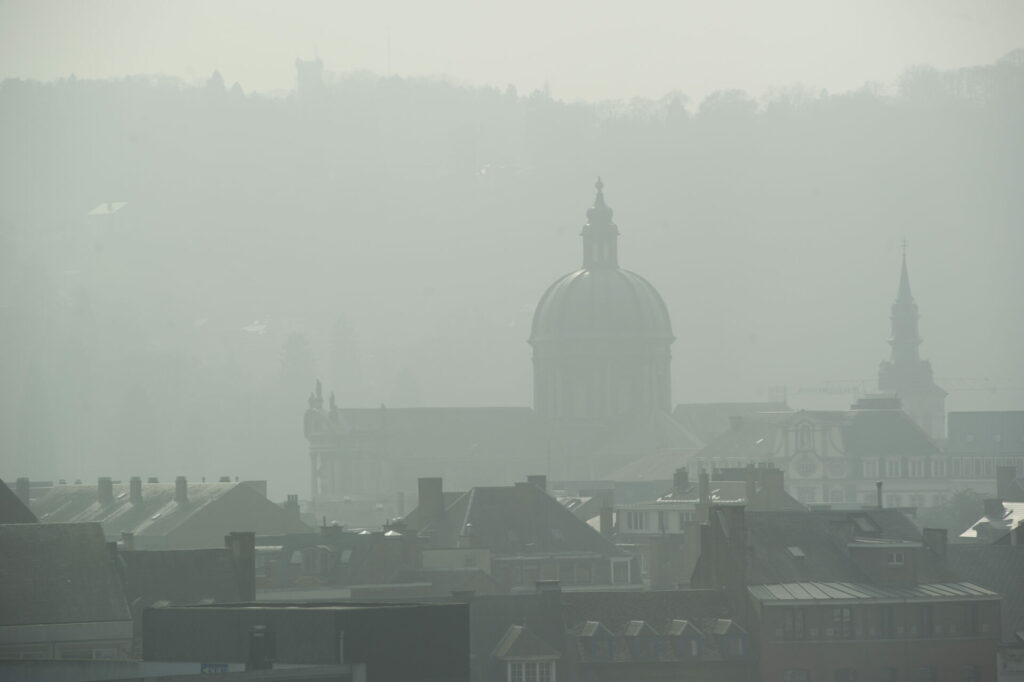City residents face shortened lifespans when exposed to noise pollution exceeding an annual average of 53 decibels. In Brussels, where 70% of residents fall into this at-risk category, various interventions are being explored, such as creating pleasant "soundscapes," implementing lower speed limits, introducing additional greenways, and adopting pedestrianization strategies. Antwerp plans to experiment with a novel concept of "noise-disrupting fountains" this spring, while Ghent is striving to cap maximum facade noise at 65 decibels through a combination of traffic reduction and road surface improvements.
"Noise pollution often underestimated but significantly impacting our lives, has become a pressing concern in major cities worldwide. From the bustling streets of Brussels to the vibrant ambience of Paris, urban dwellers are increasingly raising their voices against incessant noise.
A recent UN report has identified noise pollution as one of the biggest emerging threats in cities, ranking it second only to air pollution in terms of health risks.
In Brussels, known as the loudest city in Belgium, the cacophony of city life, including traffic, construction, and social activities, has reached alarming levels. Shockingly, more than 70% of Brussels residents are exposed to noise levels exceeding the World Health Organization's (WHO) recommended annual average of 53 decibels (dB). This excessive noise shortens the lives of Brussels residents by an average of eight months. In Antwerp, around 10% of residents regularly endure noise levels exceeding 70 dB, and in Ghent, 4.5% face a similar situation.
Europe has taken a proactive stance on combating noise pollution by requiring major cities to report on traffic noise levels and encouraging effective interventions. Chronic exposure to high noise levels is associated with hearing loss, sleep disturbances, cardiovascular diseases, diabetes, and premature death, making it a grave public health concern."




